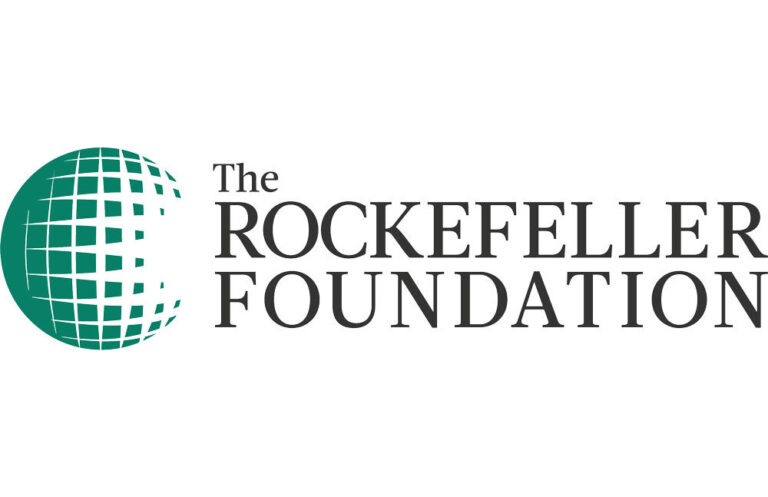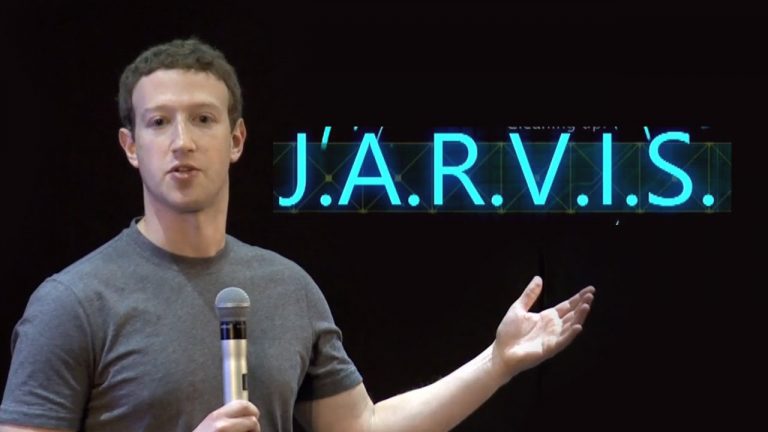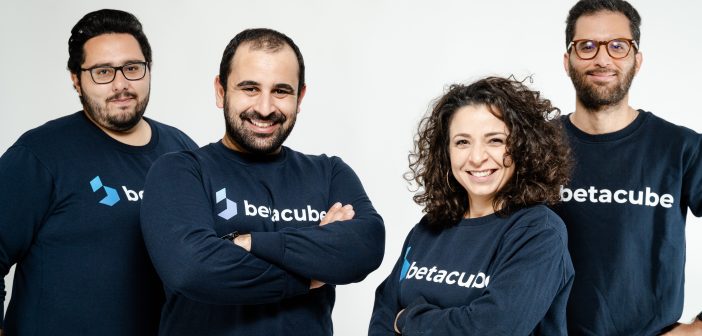How Digital Africa Keeps Empowering African Entrepreneurs With Bridge Funding and Impact Programs
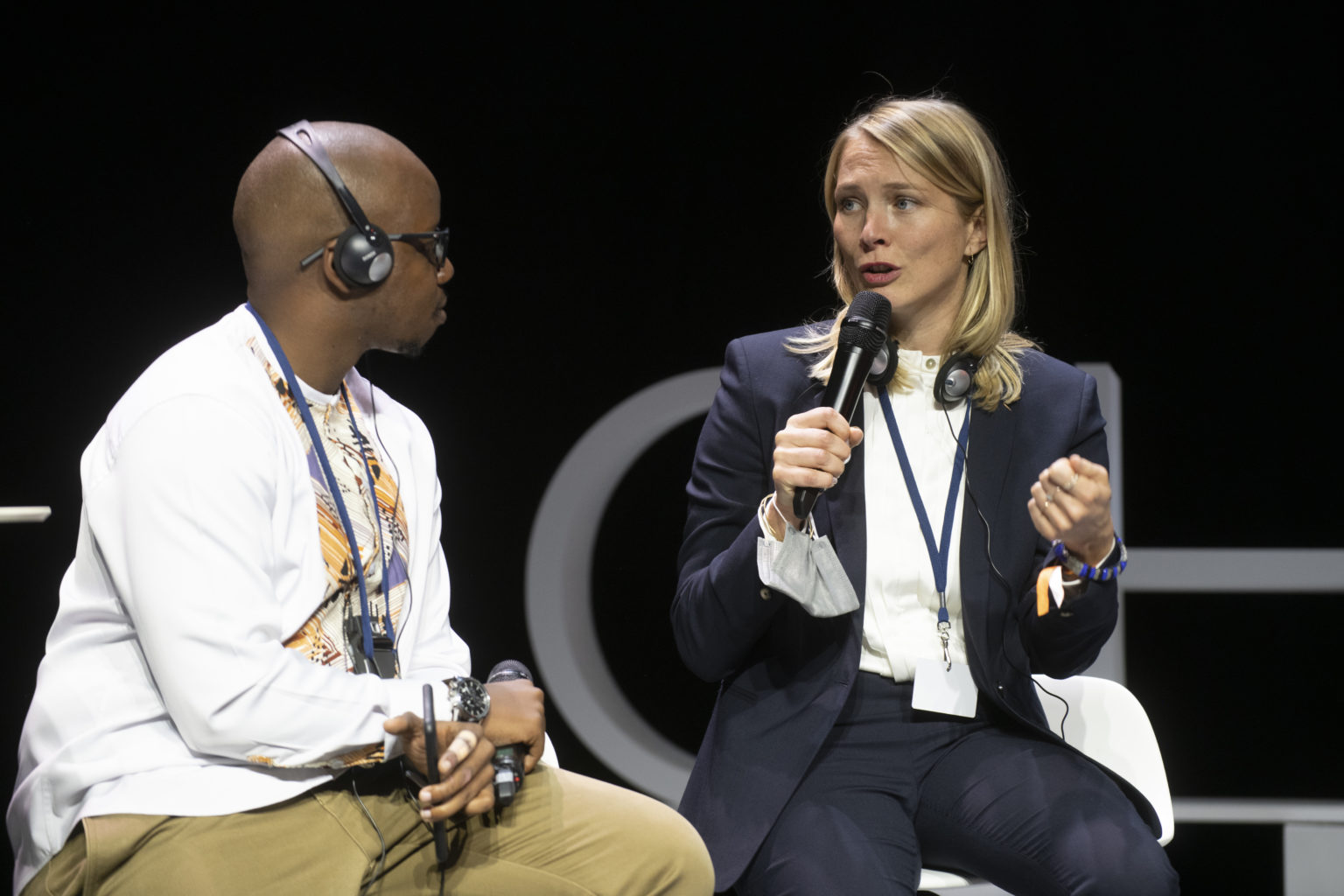
Digital Africa is a mission-driven effort funded by the French government with the goal of assisting African tech entrepreneurs and innovators by offering technical assistance, financing projects and enterprises, and establishing a regulatory climate that encourages African innovation.
Digital Africa has expanded to a community of 6,000 African entrepreneurs across multiple sectors since its debut in 2018 by President Emmanuel Macron, and has run several impact programs such as Talent 4 Startups and Africa Next.
TechCabal spoke with Stéphan Elose Gras, executive director of Digital Africa, about the organization’s history and plans for the next generation of skilled African entrepreneurs in this unique interview.
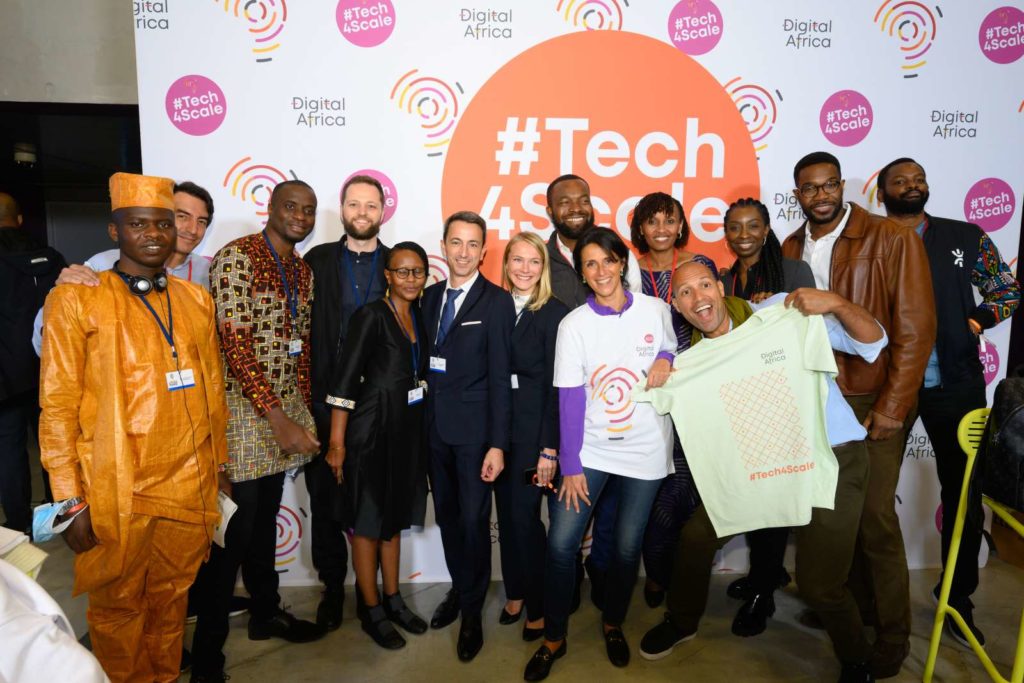
Europe and Africa are connected through Digital Africa
Koromone: Can you explain how Digital Africa is assisting in the connection of Europe and Africa, and what this means for our ecosystem?
Stéphan Elose Gras: Digital Africa is a French-based initiative that aims to equip African tech entrepreneurs with the knowledge and resources they need to build and scale digital innovation in order to help their economies grow.
Partnerships are one of the most important ways we are connecting Europe and Africa. We bring organizations and governments from both continents together to cooperate on projects that promote early-stage businesses.
These collaborations aid in the gathering and distribution of resources for the ecosystem’s entrepreneurs and businesses. The bridge fund, which we developed in collaboration with the French government, is one example. Between two rounds of resources, it provides urgent capital for entrepreneurs.
Another example is the Africa Next program, which we launched in collaboration with African venture capital firms such as Ingress Capitals and CC Hub. We discuss investment possibilities and host online pitch sessions for early-stage entrepreneurs as part of this program.
KK: Can you talk about some challenges you’ve experienced in the course of your work with Digital Africa?
SEG: One challenge we’ve faced is ensuring that the programs we launch are tailored to fit the needs of the communities and ecosystems we want to work with.
Another challenge is managing resources in a way that is both transparent and agile.
Digital Africa is a public-funded organization, and so there are a lot of processes required in order for funds to be disbursed. Combining this with the need to be very responsive in how we respond to funding requests can be challenging as well.
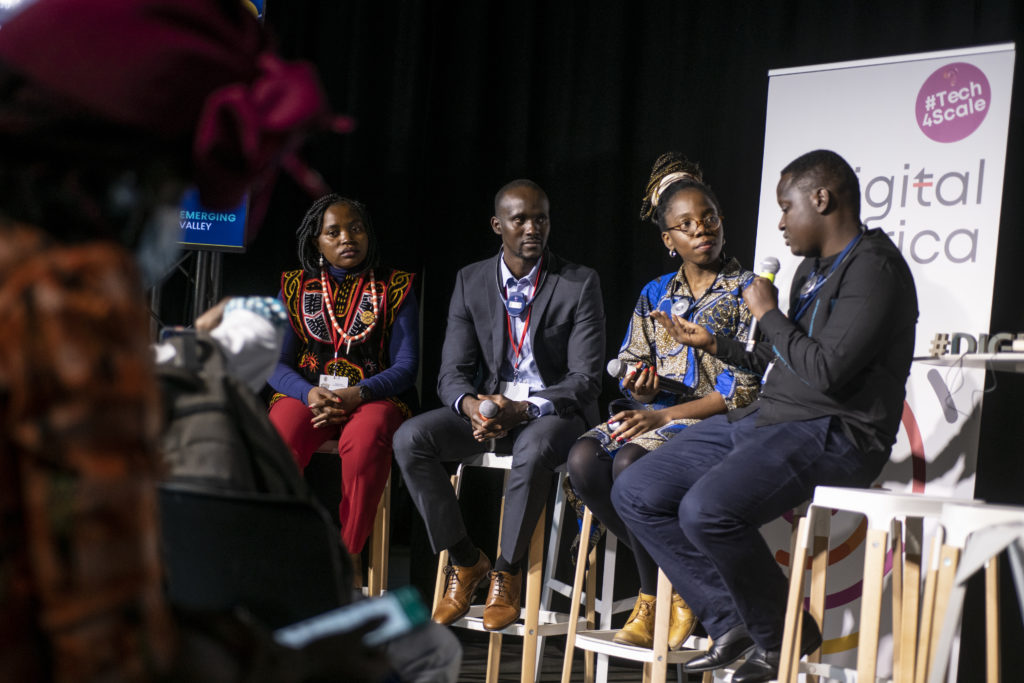
Digital Africa’s plans for the continent’s youthful population
KK: The Digital Africa white paper predicts that by 2030, a combined 800 million African youths – counting from 2020 – will be on the job market. Should we be optimistic or nervous about this figure?
SEG: We should be more excited than preoccupied by the sheer size of that number. At Digital Africa, we provide people with the capacity to either find jobs, create jobs, or upskill. With this, young people will be capable of creating opportunities for themselves within the digital economy to sustain the population growth. That’s the exciting part.
What’s preoccupying on the other hand is how to redistribute the value within the community so that it is retained in Africa and not taken to an external economy.
KK: That’s an interesting way to look at it. What do you think the strengths of the continent as a whole are when it comes to entrepreneurship?
SEG: I see a lot of creativity and resilience. Another really big strength is the sense of community rather than an individualistic approach.
KK: My final question is about female entrepreneurship. Can you talk about how Digital Africa is helping to close the gender gap that exists in our technology and business ecosystem?
SEG: At Digital Africa, we commit to 50% of our beneficiaries being women. We actively look out for female entrepreneurs to support and mentor with skills. Beyond skills, we are also determined to ensure that we provide a safe-space for women when it comes to raising money.


